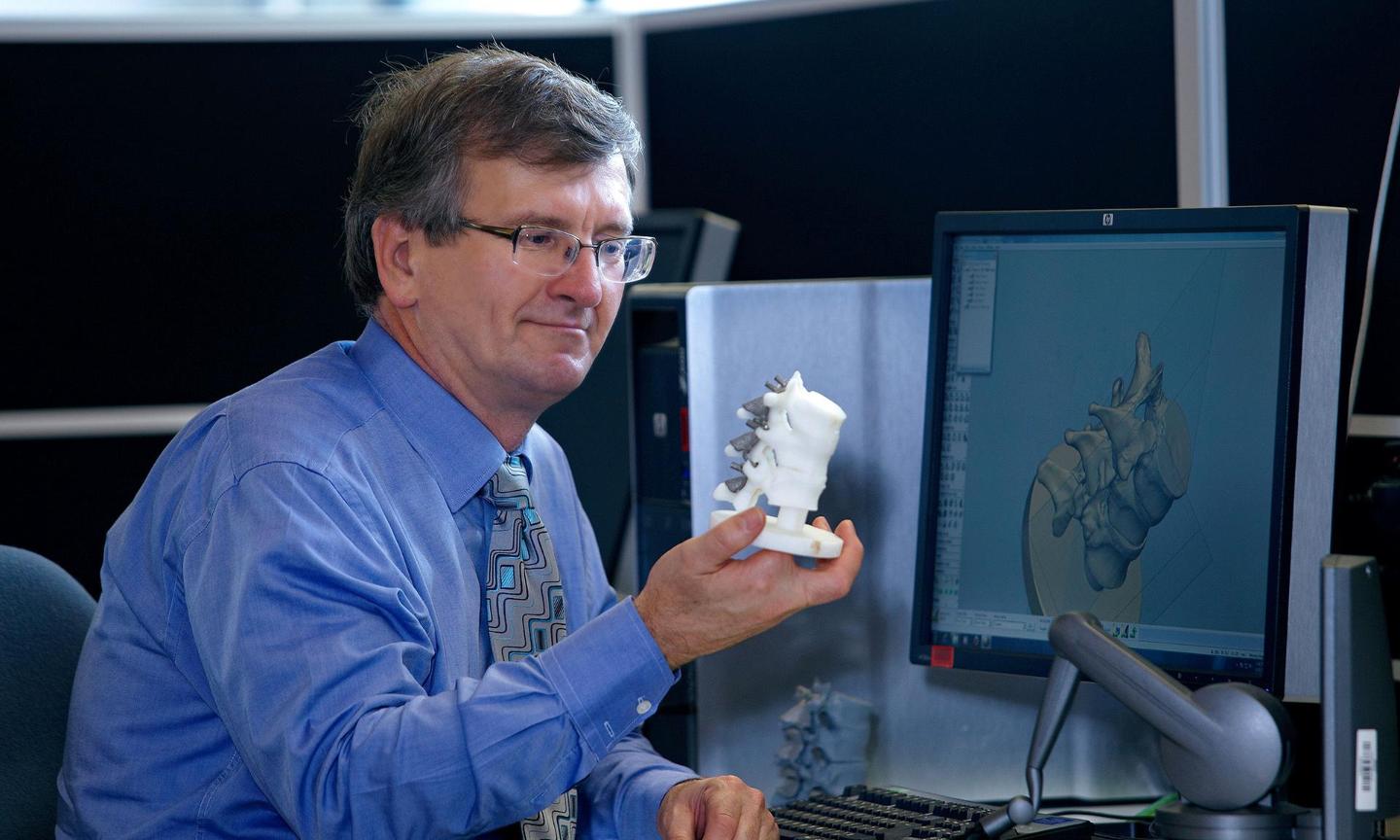Advanced Manufacturing Precinct
The Advanced Manufacturing Precinct combines RMIT's expertise in technology and design innovation.
Research Facilities
Our cutting-edge facilities represent our commitment to developing world-class learning, teaching, training and research spaces.
Research
Together with our partners and donors, we develop and apply knowledge to shape a better world.





